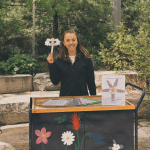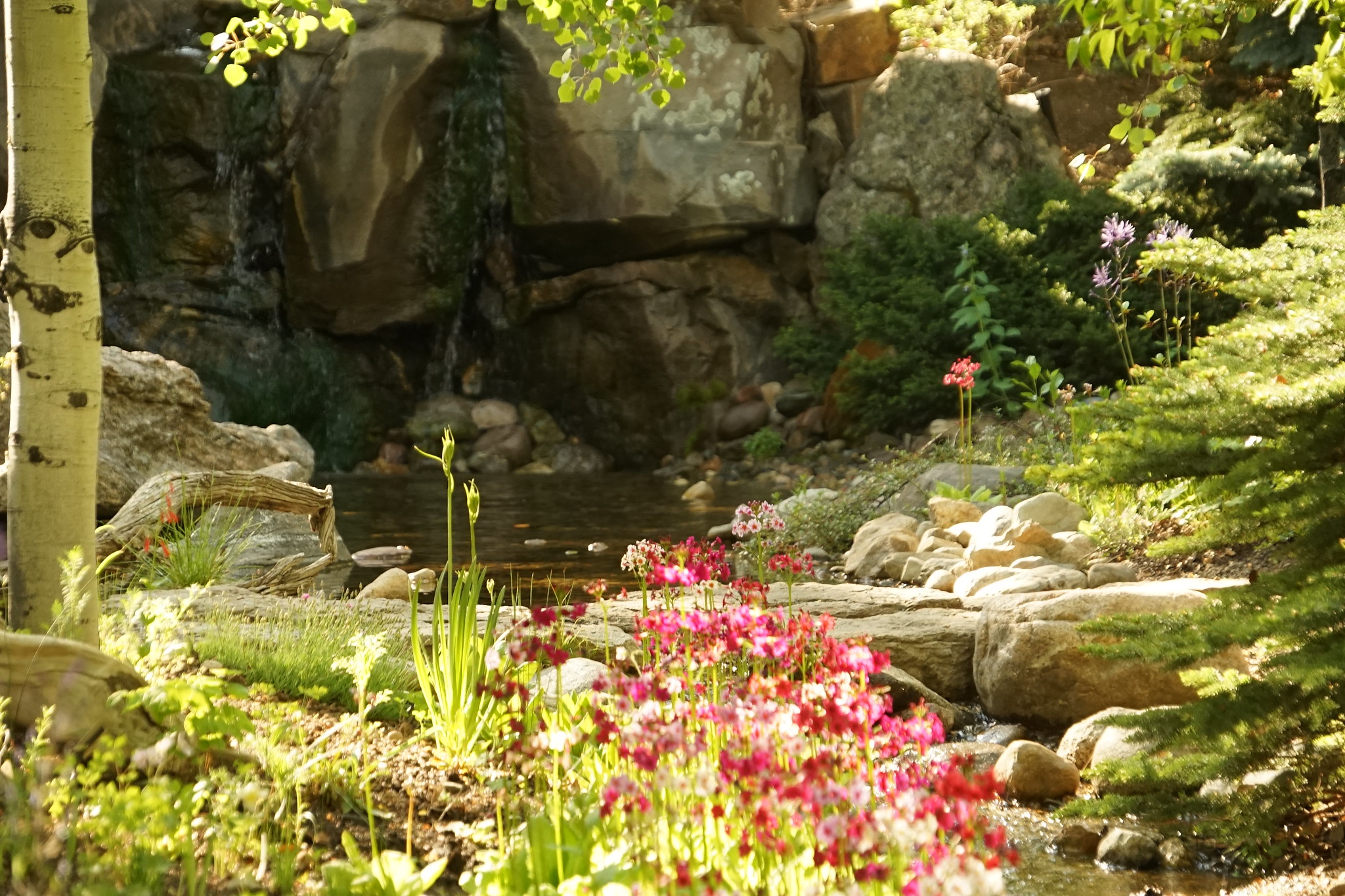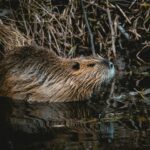

School Visits
Interested in bringing your classroom or campers to the Gardens?
A naturalist from Betty Ford Alpine Gardens guides students through botanic and special exhibit themed activities. Hands on learning for all ages!
School visits typically last 2 hours and custom packages are available. Stay longer and have lunch on the field or play on the playground. For inquires, contact gabe@bettyfordalpinegardens.org.





